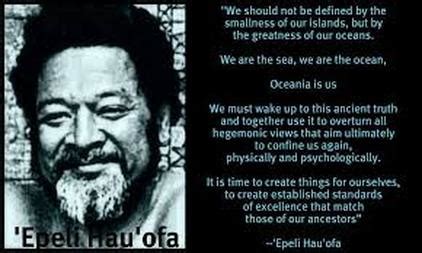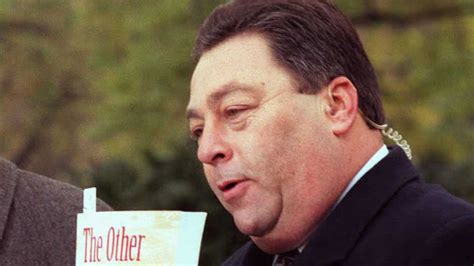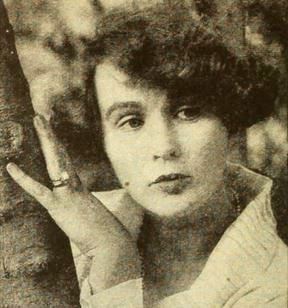A Quote by Susan Barker
Truth is often a multiplicity of perspectives, and sometimes the more viewpoints and versions of events there are, the closer the reader gets to an overarching truth.
Quote Topics
Related Quotes
One of the more positive aspects of our existence in Oceania is that truth is flexible and negotiable, despite attempts by some of us to impose political, religious, and other forms of absolutionism. Versions of truth may be accepted for particular purposes and moments, only to be reversed when circumstances demand other versions; and we often accede to things just to stop being bombarded, and then go ahead and do what we want to do anyway.
The Bible is a wonderful book. It is the truth about the Truth. It is not the Truth. A sermon taken from the Bible can be a wonderful thing to hear. It is the truth about the truth about the truth. But it is not the truth. There have been many books written about the things contained in the Bible. I have written some myself. They can be quite wonderful to read. They are the truth about the truth about truth about the Truth. But they are NOT the Truth. Only Jesus Christ is the Truth. Sometimes the Truth can be drowned in a multitude of words.
There have been a number of philosophers who have reveled in the dismantling of truth. I think they did so with good ethical motives, and for good philosophical reasons. I can see the sense in what they were talking about; the idea that truth is often claimed by elites in order to further certain agendas. They crowd-out alternative perspectives - particularly those of the powerless. But the undermining of truth contributed - in the weird, indirect way that philosophy contributes to the culture - to a rejection of the idea of truth as having any kind of proper meaning at all.
The second noble truth states that we must discover why we are suffering. We must cultivate the courage to look deeply, with clarity and courage, into our own suffering. We often hold the tacit assumption that all of our suffering stems from events in the past. But, whatever the initial seed of trauma, the deeper truth is that our suffering is more closely a result of how we deal with the effect these past events have on us in the present.
an Autobiography is the truest of all books; for while it inevitably consists mainly of extinctions of the truth, shirkings of the truth, partial revealments of the truth, with hardly an instance of plain straight truth, the remorseless truth is there, between the lines, where the author-cat is raking dust upon it which hides from the disinterested spectator neither it nor its smell... the result being that the reader knows the author in spite of his wily diligences.
It is too often believed that a person in his progress towards perfection passes from error to truth; that when he passes on from one thought to another, he must necessarily reject the first. But no error can lead to truth. The soul passing through its different stages goes from truth to truth, and each stage is true; it goes from lower truth to higher truth.






































